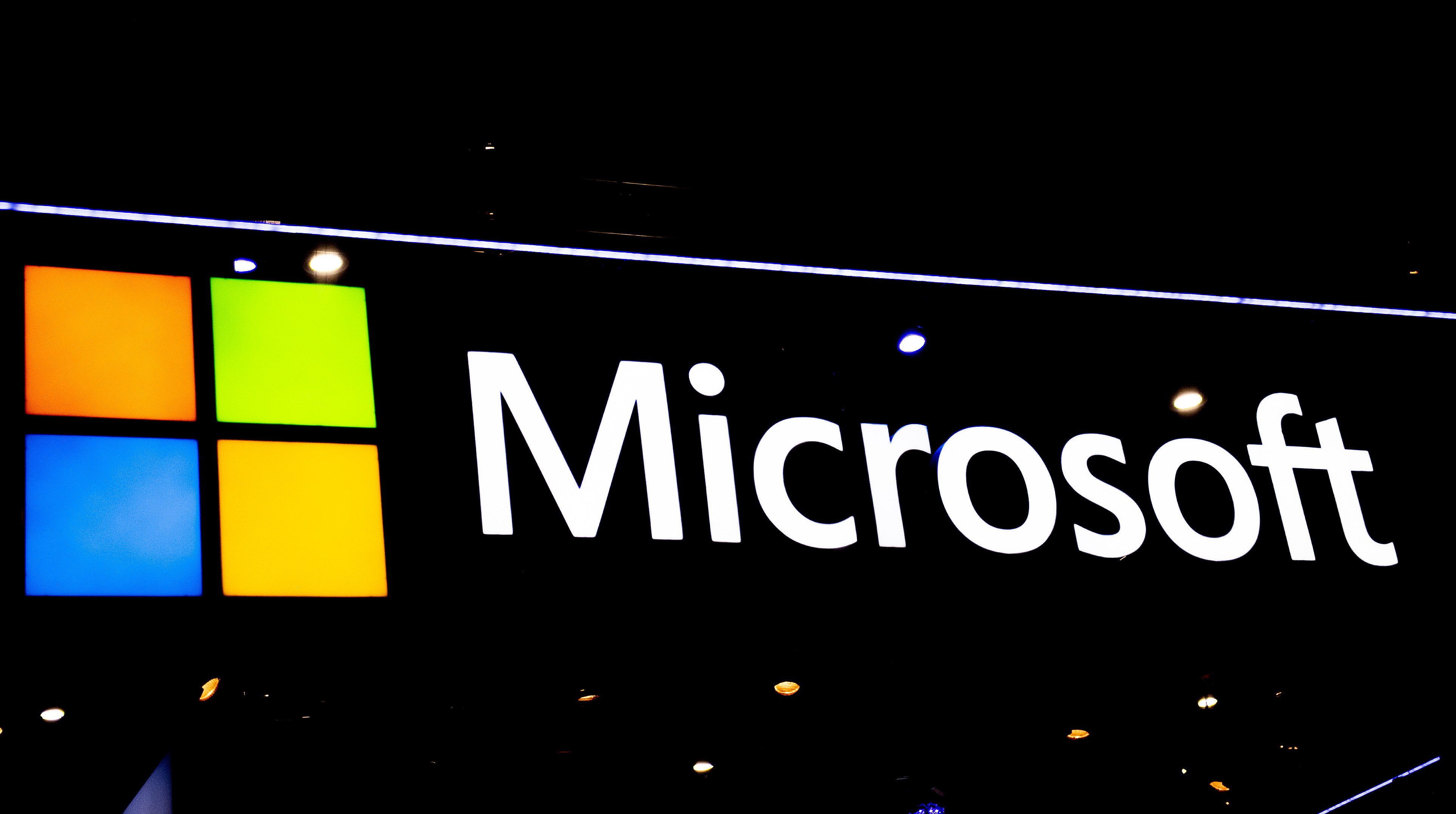Microsoft suspends sales of products and services in Russia
The software giant said it will continue to support Ukraine's cybersecurity efforts against Russian attack.

Microsoft is the latest company to take action against Russia over its invasion of Ukraine, announcing today that it will halt "all new sales of Microsoft products and services" in the country.
"Like the rest of the world, we are horrified, angered and saddened by the images and news coming from the war in Ukraine and condemn this unjustified, unprovoked and unlawful invasion by Russia," Microsoft president and vice chair Brad Smith wrote in a blog post.
As well as halting suspending sales and services, Smith said Microsoft is "coordinating closely and working in lockstep with the governments of the United States, the European Union and the United Kingdom, and we are stopping many aspects of our business in Russia in compliance with governmental sanctions decisions."
By contrast, Microsoft will continue to support Ukraine's cybersecurity systems against Russian attacks. "Since the war began, we have acted against Russian positioning, destructive or disruptive measures against more than 20 Ukrainian government, IT and financial sector organizations," Smith wrote. "We have also acted against cyberattacks targeting several additional civilian sites. We have publicly raised our concerns that these attacks against civilians violate the Geneva Convention."
Microsoft described its cybersecurity efforts in Ukraine in greater detail in a February 28 blog post, saying that its Threat Intelligence Center detected a wave of attacks against Ukraine digital infrastructure several hours before Russia launched its military attack against Ukraine.
"These recent and ongoing cyberattacks have been precisely targeted, and we have not seen the use of the indiscriminate malware technology that spread across Ukraine’s economy and beyond its borders in the 2017 NotPetya attack," Smith said, referencing a 2017 ransomware attack against a wide range of Ukrainian targets, widely believed to have originated in Russia.
"But we remain especially concerned about recent cyberattacks on Ukrainian civilian digital targets, including the financial sector, agriculture sector, emergency response services, humanitarian aid efforts, and energy sector organizations and enterprises. These attacks on civilian targets raise serious concerns under the Geneva Convention, and we have shared information with the Ukrainian government about each of them."
The biggest gaming news, reviews and hardware deals
Keep up to date with the most important stories and the best deals, as picked by the PC Gamer team.
Smith said Microsoft is also sharing "appropriate information" with NATO officials in Europe and the US.
Microsoft joins Airbnb, Spotify, Volkswagen, Oracle, Netflix, Nike, Boeing, and a host of other major companies that have stopped sales or production in Russia. Cyberpunk 2077 developer CD Projekt announced earlier this week that it was halting all sales in the country in support of Ukraine.

Andy has been gaming on PCs from the very beginning, starting as a youngster with text adventures and primitive action games on a cassette-based TRS80. From there he graduated to the glory days of Sierra Online adventures and Microprose sims, ran a local BBS, learned how to build PCs, and developed a longstanding love of RPGs, immersive sims, and shooters. He began writing videogame news in 2007 for The Escapist and somehow managed to avoid getting fired until 2014, when he joined the storied ranks of PC Gamer. He covers all aspects of the industry, from new game announcements and patch notes to legal disputes, Twitch beefs, esports, and Henry Cavill. Lots of Henry Cavill.

